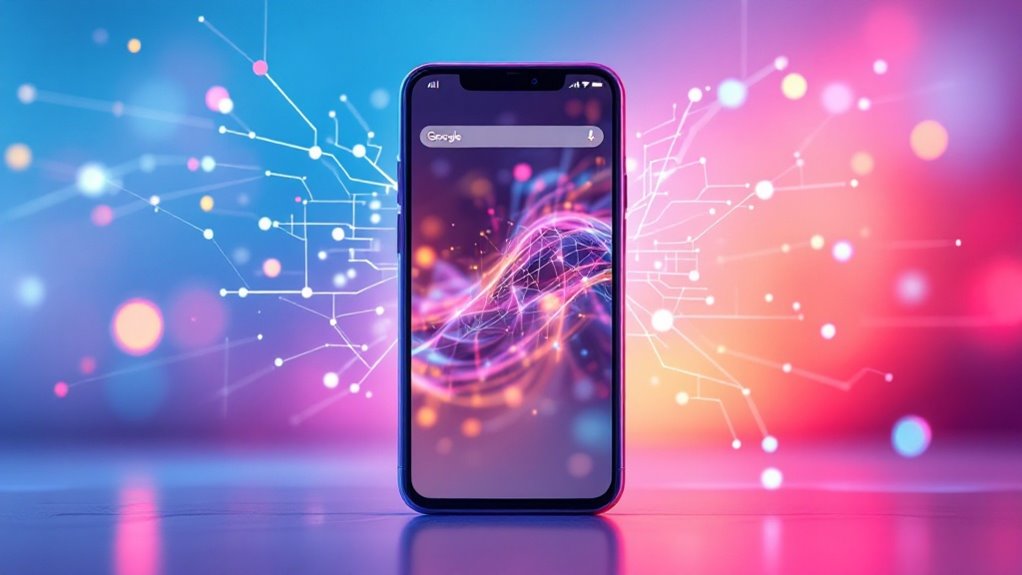If you want the best AI for medical questions—think less “Dr. Google rabbit hole,” and more *House, M.D.*-level precision—Med-PaLM 2 stands out, scoring 86.5% on the USMLE and handling both text and images. MediSearch cuts through wellness blog nonsense for real-time, expert-backed advice, while Healthcare GPT and IBM Watson get nerdy with dense research and sentiment-aware responses. Google Cloud AI is there if you’re budget-conscious. Want specifics and examples? The lineup just keeps getting better.
Ever wonder if your next medical question could be answered faster by an algorithm than your overbooked doctor? Welcome to the age of AI medical Q&A, where bots don’t need coffee breaks and rarely tell you to “wait six weeks for an appointment.” The digital stethoscope is here—meet the best AI for medical questions.
Let’s start with the star player: Med-PaLM 2. This model doesn’t just pass the USMLE—it aces it, clocking in at a whopping 86.5% accuracy. Physicians have even rated its long-form, Google-reviewed answers as more helpful than previous versions. If you want a bot with bedside manner (minus the actual bedside), this is the one. It even integrates text and images for those “does this rash look weird?” moments. A key reason for Med-PaLM 2’s success is its fine-tuning for healthcare applications, ensuring it understands both medical nuance and real-world clinical needs.
But not all heroes wear white coats. Enter MediSearch, the model built for consumers who want answers, like, yesterday. Real-time responses? Check. Prioritizing everyday health questions? Double check. It’s basically Dr. Google on rocket fuel. Unlike traditional search engines, MediSearch uses content authored by medical experts, making its answers more trustworthy for users seeking reliable medical information.
Meanwhile, Healthcare GPT from John Snow Labs digs into dense clinical guidelines and research papers. It’s not rattling off random WebMD results—it’s referencing up-to-date treatment protocols and even anonymized patient records. These AI tools are increasingly used for enhanced diagnostics in medical imaging, helping doctors detect conditions earlier and with greater accuracy. For the hypochondriac who wants “just the facts, please,” this is a solid bet.
Don’t forget the OGs. IBM Watson leverages natural language processing with a side of sentiment analysis—so, yes, it knows when you’re panicking. For enterprise types, it scales to millions of queries and even translates into multiple languages. If you’re running a hospital or just want answers in Klingon, it’s got you.
Google Cloud AI offers custom training and medical text analysis for a penny per question. If you’re counting your HSA dollars, this one won’t bankrupt you.
Of course, there’s more: patient triage chatbots, virtual consults, and even study partners for med students.
Safety’s not an afterthought—answers get physician review, bias gets squashed, and low-confidence responses go to human backup.









